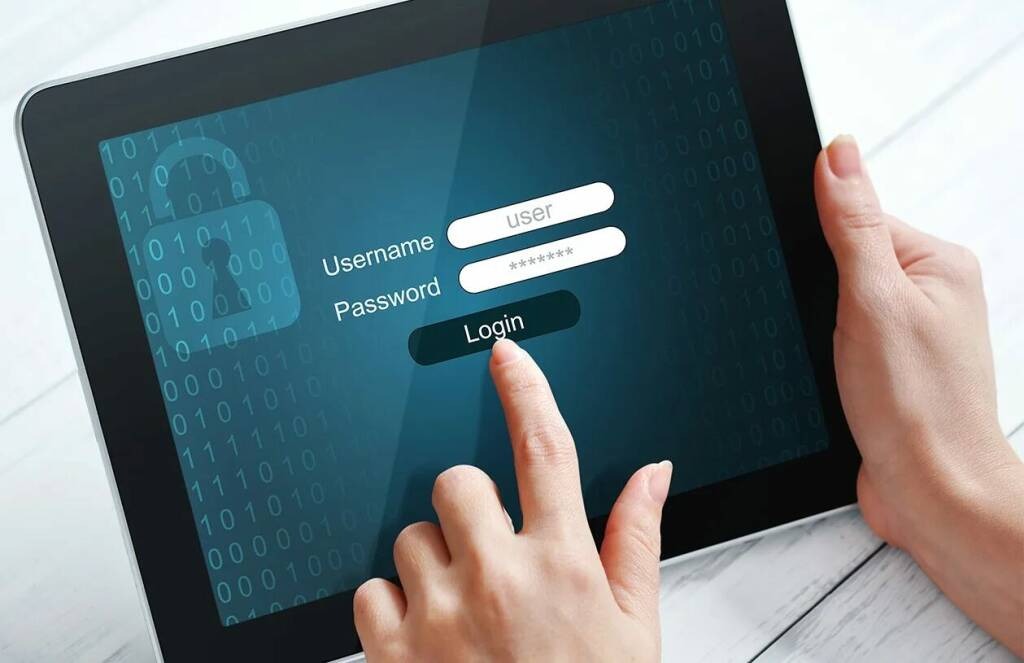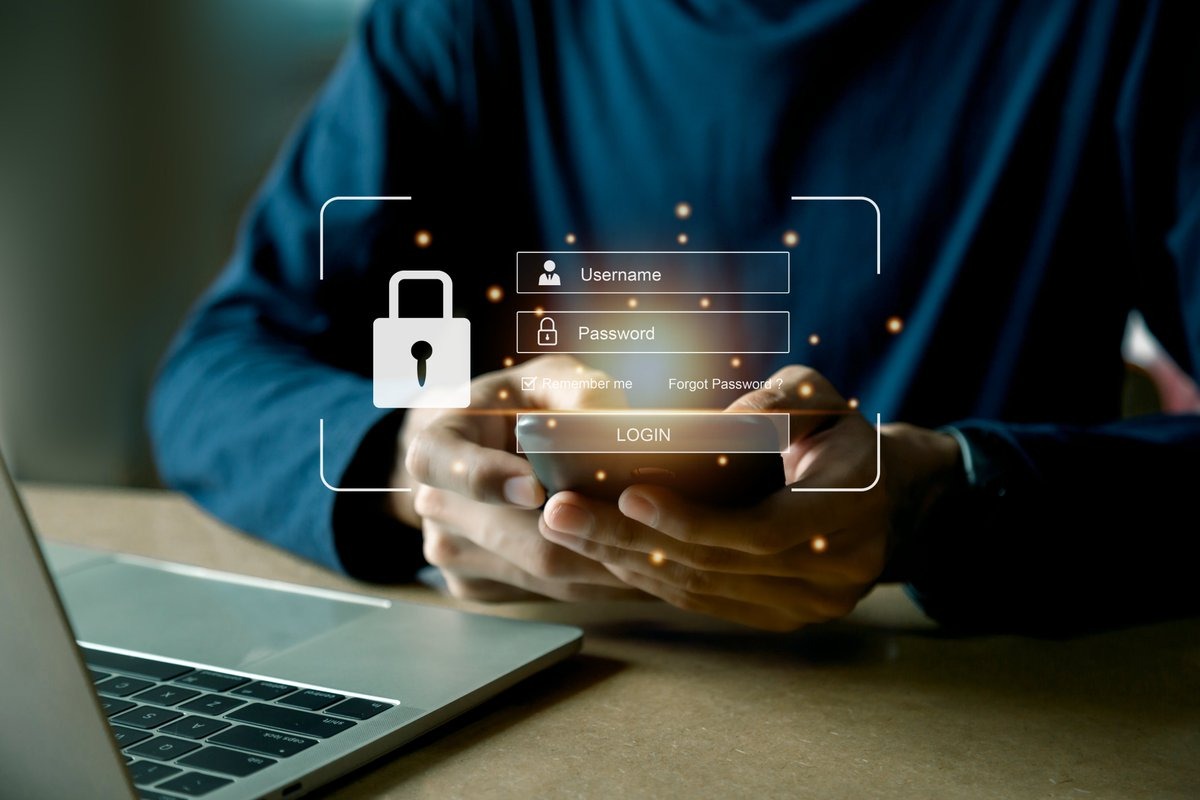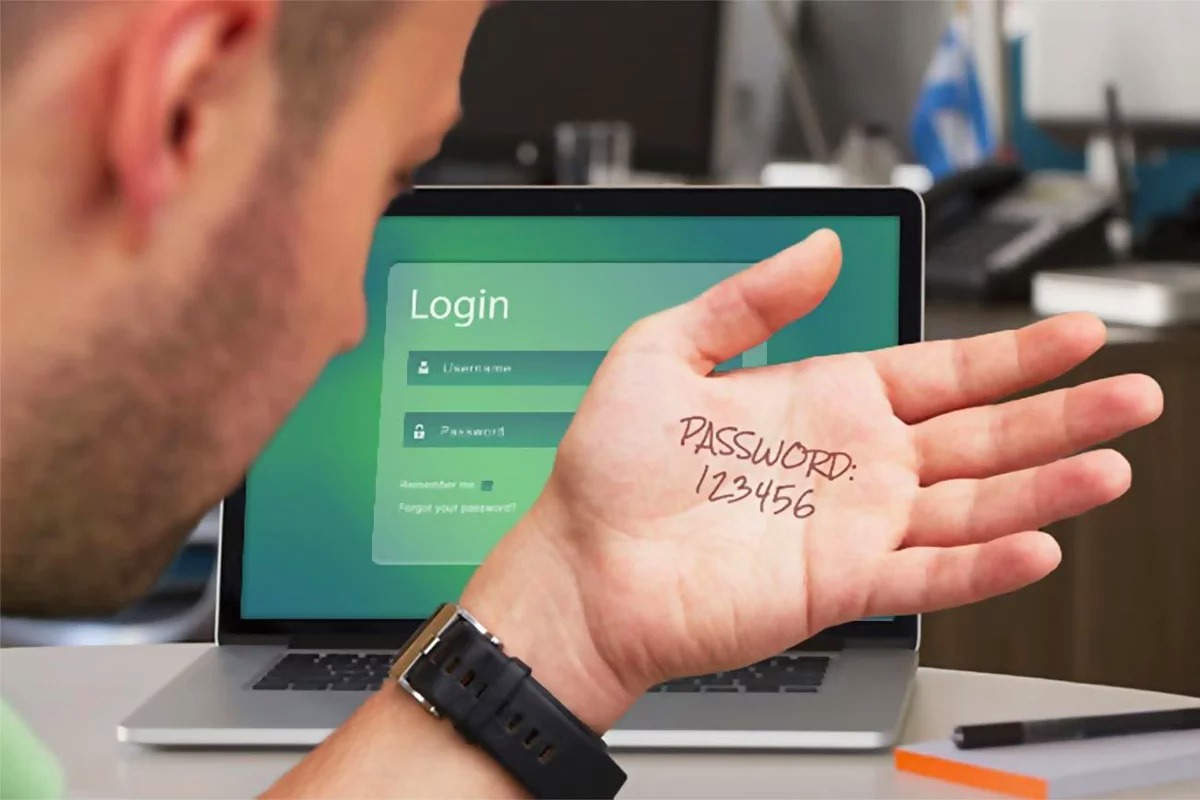In the vast online world, where we interact with websites and social media platforms, passwords play a vital role in keeping our personal information safe.
They act as keys, granting access to our digital lives and ensuring our privacy in the ever-expanding virtual landscape.
But have you ever wondered: How many passwords does the average person have?
Follow along this article to know more.
Post Contents
- 1 Key Statistics
- 2 How Many Passwords Does the Average Person Have in 2024?
- 3 Reason Behind the Numbers
- 4 Average Length of a Password
- 5 What is Two-Factor Authentication?
- 6 More About 2FA
- 7 Most Common Forms of Biometrics
- 8 How to Improve Password Security
- 9 Most Commonly Used Passwords
- 10 Importance of Password Managers
- 11 Conclusion
- 12 Sources
Key Statistics
- The average person has around 100 passwords across different accounts
- Most Americans (64%) have between 8 to 11 characters in their passwords
- In a recent survey, 79% of the respondents used two-factor authentication
- Fingerprint scanning is the most used biometric authentication, with 70% of Americans using it.
- “123456” is the most used password combination
- Password managers are useful in securing passwords across different accounts
How Many Passwords Does the Average Person Have in 2024?

How many passwords does an average person have?
According to a study, the average person juggles around 100 passwords across various accounts.
That’s around 100 different combinations of letters, numbers, and symbols that we’re expected to remember to navigate the online world securely.
Reason Behind the Numbers
The reason behind this astonishing number lies in the sheer number of online services and platforms we engage with on a daily basis.
Each website or application we sign up for requires its own unique password, and as our digital lives become more interconnected, so does the number of accounts we create.
Average Length of a Password
According to recent statistics, approximately six out of ten Americans had passwords between eight and 11 characters long in 2021.
- 64% have between 8 to 11 characters in their passwords.
- 20% have over 12 characters in their passwords.
- 16% have up to 8 characters in their passwords.
What is Two-Factor Authentication?
In recent years, more and more people have started using an extra layer of security called two-factor authentication (2FA).
This method requires users to provide two types of information to prove their identity.
A survey found that 79% of respondents used 2FA in 2021, compared to 53% in 2019.
The adoption of 2FA is higher among employed people (79%) compared to those who are unemployed (60%).
This could be because companies are more likely to enforce strong security measures to protect their employees’ accounts and information.
More About 2FA
2FA is a great way to make people’s online accounts safer.
It adds an extra step to the login process, making it harder for hackers to access their accounts.
Even if someone guesses or steals their password, they would still need the second factor, such as a verification code sent to their phone, to get in.
Most Common Forms of Biometrics
Biometric authentication has gained significant traction in recent years and substituted the traditional password we often use.
Here is a list of the most common biometrics used:
- 70% of Americans have used fingerprint scanning
- 15% of Americans have used voice recognition
- 13% of Americans have used facial recognition
- 12% of Americans have used signature dynamics
- 7% of Americans have used iris recognition
- 6% of Americans have used hand geometry
- 3% of Americans have used typing dynamics
How to Improve Password Security
Keeping online accounts safe starts with having strong and secure passwords.
Here are five simple tips to help improve password security:
- Use a tool to check how strong the password is. Aim for a high security score by creating longer passwords with 14 to 16 characters. Include a mix of capital letters, small letters, numbers, and special characters.
- Avoid using the same password for multiple accounts. Make sure each password is unique, so if one account gets hacked, the others remain protected.
- Consider using methods like two-factor authentication or passwordless authentication. Two-factor authentication means people need more than just a password to log in, like a code sent to their phone. Passwordless authentication uses other secure methods, like their fingerprint or a special app on their phone.
- Instead of trying to remember all the passwords or writing them down, use a password manager. It’s a tool that stores all passwords securely in one place. People can also easily share passwords with others and revoke access when needed.
Most Commonly Used Passwords
A significant number of people choose to use the word “password” itself as their password.
But just how prevalent is this risky practice?
- “123456” is the most common password people use
- “123456789” is the second most common password people use
- “12345” is the third most common password people use
- “qwerty” is the fourth most common password people use
- “password” is the fifth most common password people use
Importance of Password Managers

Today, maintaining strong and secure passwords is essential for safeguarding our online accounts.
However, the challenge lies in managing numerous unique passwords across multiple platforms.
This is where password managers prove invaluable, offering a centralized solution to enhance our online security.
Password managers are specialized software tools that securely store and manage all our passwords. Here’s why they have become indispensable:
- Security: Password managers generate and store strong, unique passwords for each account, reducing the risk of unauthorized access and data breaches.
- Management: With a password manager, people don’t need to remember or write down multiple passwords. The tool automatically fills them in when needed, ensuring seamless access to their accounts.
- Convenience: Password managers work on various devices, allowing access to people’s passwords anywhere, anytime.
- Password Sharing: Password managers facilitate secure password sharing, replacing insecure methods like email or messaging apps.
- Additional Security Features: Many password managers offer features like two-factor authentication and biometric authentication for added protection.
Conclusion
In answering the question of how many passwords does an average person have, we conclude that it is around 100 different passwords.
This shows that dealing with multiple accounts can be challenging. To keep their accounts safe, it’s important for individuals to prioritize password security.
Using tools like password managers can help them effectively handle and protect their passwords.
By following good password habits, people can strengthen their online security and reduce the chances of unauthorized access to their personal information.






























